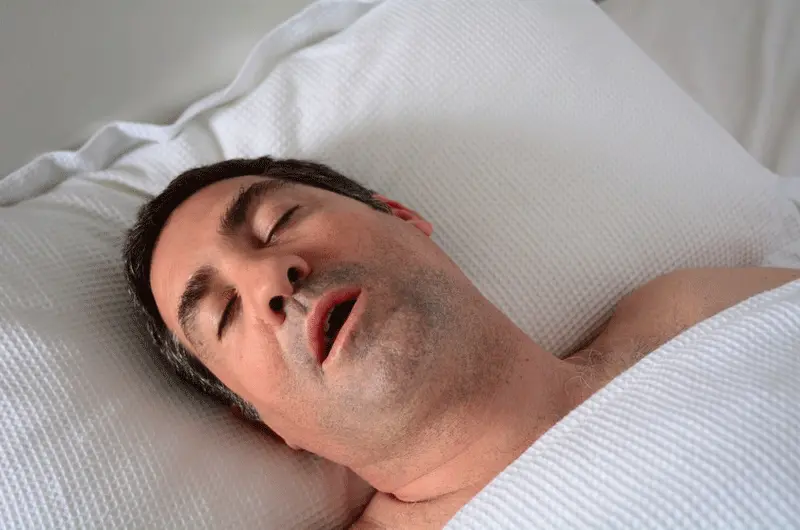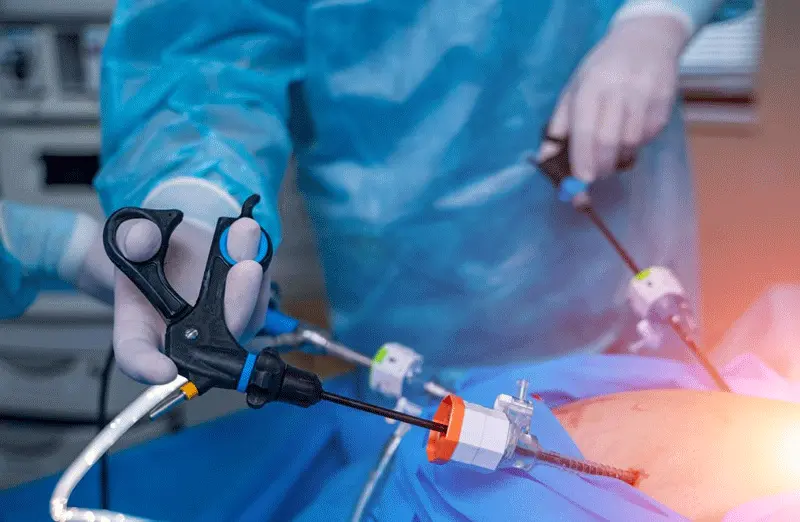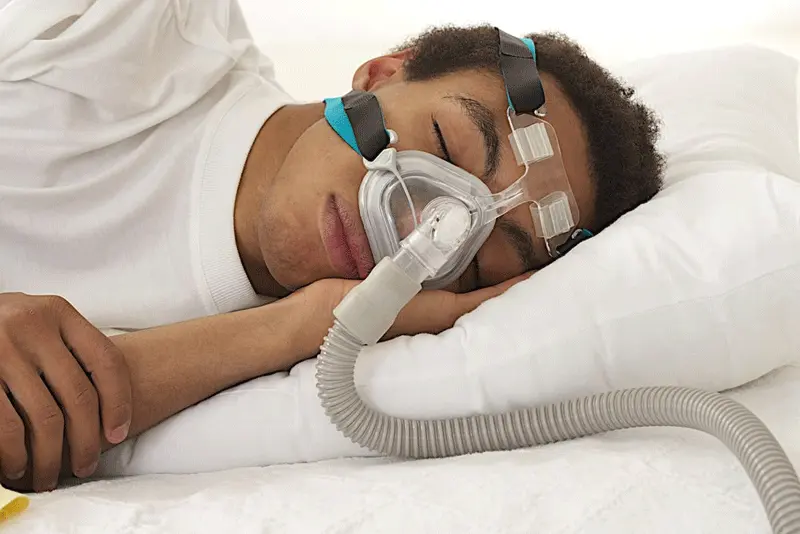The Link Between Obesity and Sleep Apnea: A Comprehensive Guide
Jul 11th 2023
Sleep disorders have been a growing concern in the medical community. Among these, sleep apnea is a particularly common and severe condition characterized by intermittent pauses in breathing during sleep.
These pauses can lead to sleep disruptions and excessive daytime sleepiness, resulting in decreased productivity and poor quality of life. Three main types of sleep apnea are:
- Obstructive sleep apnea (OSA)
- Central sleep apnea (CSA)
- Complex sleep apnea syndrome
On the other hand, obesity, defined by a high body mass index (BMI), is one of the most prevalent health conditions globally. It's characterized by excessive accumulation of body fat that can impair health and lead to serious diseases like diabetes, heart disease, and certain types of cancer.
The Connection Between Obesity and Sleep Apnea
There's a well-established link between obesity and sleep apnea. In particular, obese individuals often suffer from OSA, where the throat muscles intermittently relax and block the airway during sleep, causing breathing pauses or "apneas." This link can largely be attributed to fat deposits around the neck and decreased lung volume, both common in obesity, which can increase the likelihood of airway obstruction during sleep.
Risks of having OSA

Moreover, the risk of having OSA rises significantly with increasing body weight. It has been estimated that about 70% of people with OSA are overweight or obese. Hence, reducing body weight is often a first-line treatment recommendation for OSA patients.
Scientific Evidence
Numerous scientific studies have been conducted to establish the link between obesity and sleep apnea. A key finding across these studies is that obesity, specifically central obesity (fat stored around the abdomen), is a significant risk factor for OSA. Increased neck circumference, commonly seen in obesity, has also been associated with the severity of OSA. The apnea-hypopnea index (AHI), a measure of sleep apnea severity, has been found to correlate positively with BMI. This implies that as BMI increases, so does the severity of sleep apnea.
The Impact of Weight Loss on Sleep Apnea
Weight loss greatly impacts sleep apnea because some weight loss methods also aid in reducing the symptoms of apnea.
Diet and Exercise

Weight loss can alleviate sleep apnea symptoms significantly. This can be achieved through various methods, such as diet and exercise. A balanced diet and regular physical activity help reduce weight and maintain a healthy lifestyle, which is crucial in managing both obesity and sleep apnea.
Bariatric Surgery

In some cases, particularly for morbidly obese individuals or those who have not been successful with traditional weight loss methods, bariatric surgery might be an option. Surgery reduces the size of the stomach, leading to reduced calorie intake and subsequent weight loss. Studies proved that bariatric surgery can significantly improve sleep apnea symptoms.
The Impact of Sleep Apnea on Weight Gain
Sleep apnea can also contribute to weight gain. Disruptions in sleep patterns caused by sleep apnea can affect metabolic processes, leading to weight gain and making weight loss more difficult. It's a vicious cycle – obesity can cause sleep apnea, and the resulting sleep deprivation and fatigue can lead to further weight gain.
Managing Obesity and Sleep Apnea
Sleep apnea can be controlled by adopting these changes in routine:
CPAP Therapy

Continuous Positive Airway Pressure (CPAP) therapy is the most common treatment for sleep apnea. This involves wearing a mask over the nose and mouth during sleep, which delivers a continuous flow of air, keeping the airway open.
Lifestyle Changes

In addition to medical treatments, lifestyle changes are equally crucial in managing both conditions. This includes adopting a healthy diet, increasing physical activity, maintaining good sleep hygiene, and limiting alcohol and smoking.
Prevention Strategies
Preventing both obesity and sleep apnea primarily involves maintaining a healthy lifestyle. A balanced diet and regular exercise can help maintain an optimal weight, while good sleep hygiene can prevent the development of sleep disorders like sleep apnea.
The Role of Health Professionals
Health professionals, including doctors, dieticians, and sleep specialists, are crucial in managing and treating obesity and sleep apnea. Regular check-ups and early detection are key to successful treatment.
Real-Life Case Studies
The benefits of weight loss in sleep apnea patients are well-documented in many real-life case studies. These success stories offer hope and practical insights to individuals battling these conditions.
Conclusion
Understanding and addressing the link between obesity and sleep apnea are crucial for improving health outcomes and quality of life. With concerted efforts in prevention, early detection, and management, the burden of these conditions can be significantly reduced.
Frequently Asked Questions
Can losing weight cure sleep apnea?
Weight loss can significantly improve and sometimes eliminate sleep apnea symptoms, especially in those with obesity. However, it's important to note that other factors can contribute to sleep apnea and medical treatment might still be required.
Is sleep apnea a sign of being overweight?
While not all overweight individuals will have sleep apnea, the two have a strong correlation. Increased body weight, particularly fat around the neck, can contribute to airway obstruction, a key feature of sleep apnea.
How can I reduce my risk of sleep apnea?
Maintaining a healthy weight, avoiding alcohol and sedatives, quitting smoking, and treating nasal congestion can reduce your risk of sleep apnea. Good sleep hygiene and a regular sleep schedule are also beneficial.
What are the symptoms of sleep apnea?
Common symptoms include loud snoring, interrupted sleep, excessive daytime sleepiness, difficulty concentrating, and morning headaches.
Is sleep apnea a serious condition?
Untreated sleep apnea can lead to serious health complications, such as high blood pressure, heart disease, stroke, diabetes, and depression. It's important to seek medical advice if you suspect you have sleep apnea.
